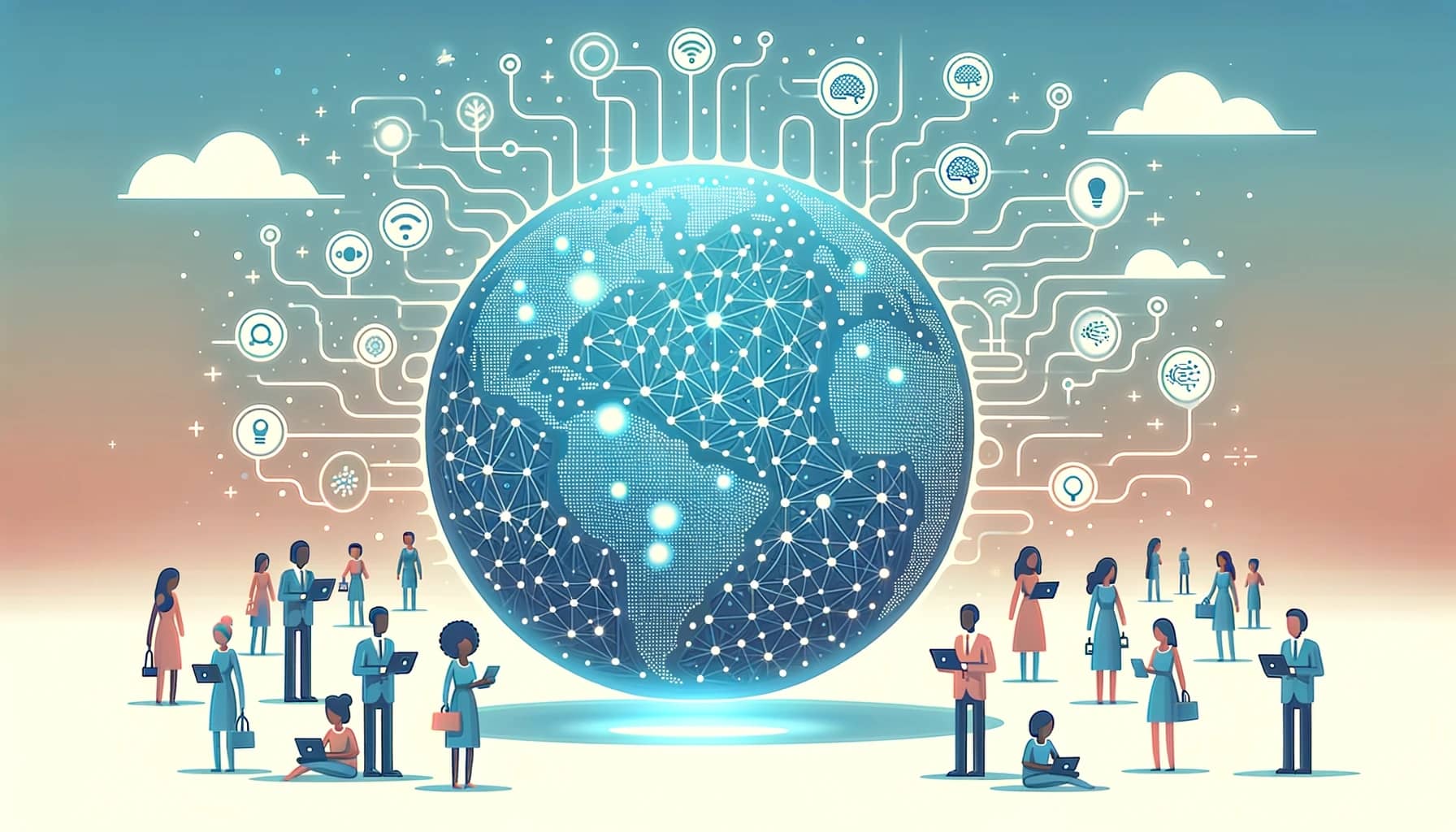Generative AI is already a consolidated reality. These are no longer experiments or prototypes: today, these technologies are an integral part of how we communicate, work and even socialize. Innovation continues, and next year we will see a new, even more pervasive phase: let's try to understand what it will be like.
Generative AI in 2024: A Balance between Exploration and Integration
In 2024, Generative Artificial Intelligence will become a fundamental component of our daily lives. But how did we get to this point and what are the future prospects?
If 2022 was the year of "exploration", with the launch of new tools and models, 2024 will definitely be the year of "integration". Generative AI will move from being a research topic to a technology implemented in various sectors, from healthcare (with particular reference to medical diagnostics) to education, passing through the management of energy resources.
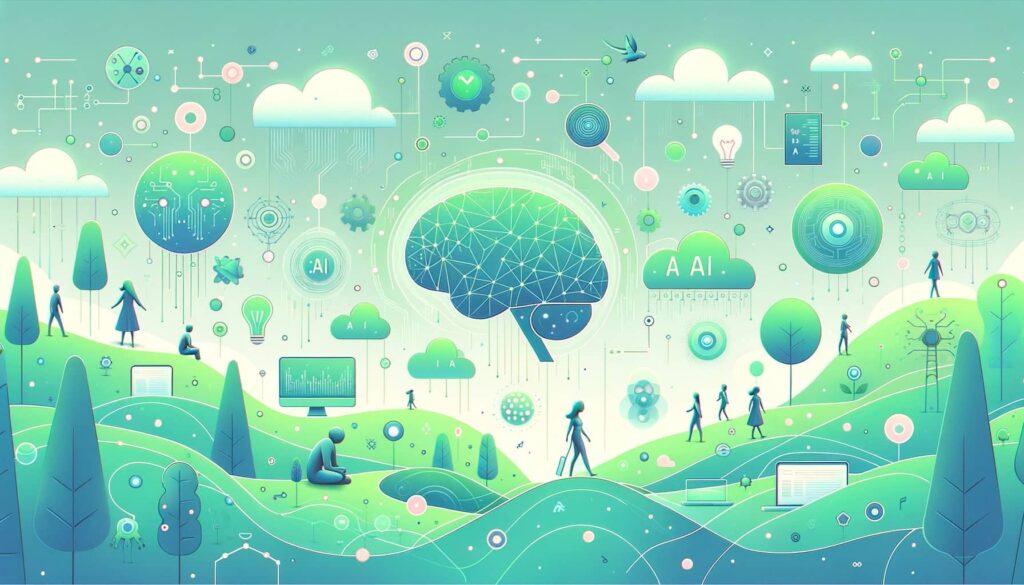
The ubiquity of Generative AI, and the search for balance
As you know, innovation is a cyclical process: new discoveries fuel integration, which in turn opens new avenues for exploration. And the "expansive" phase strongly accelerates these processes, fueled by a challenge between bitter rivals.
In the Generative AI landscape, competition between different platforms and their funders is intense. Each platform seeks to outdo the others in terms of functionality, ethics, and integration into the larger technology ecosystem.
Bard, Gemini and Duet with Google
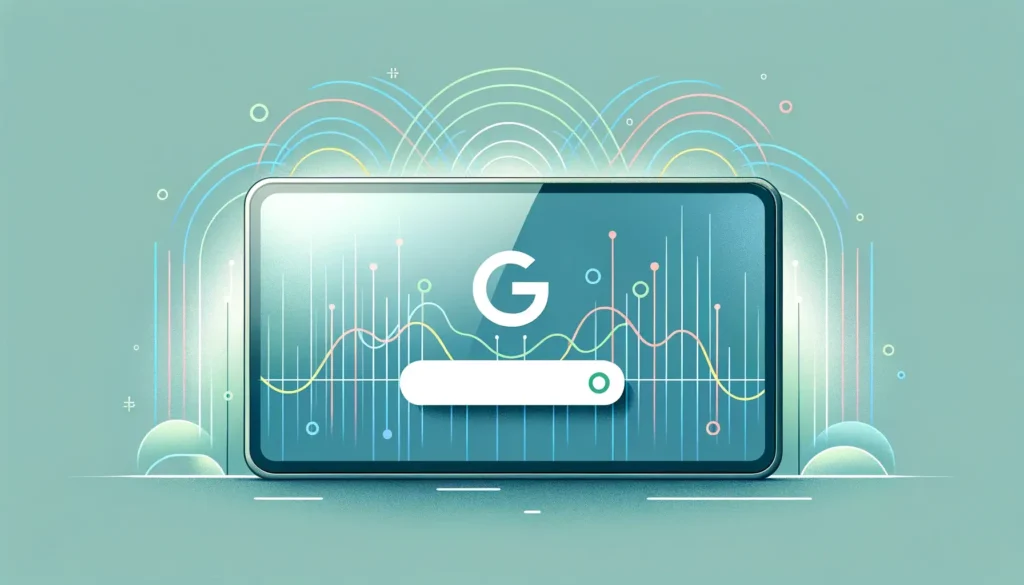
Google, a giant in the field of AI, has invested in several platforms such as Bard, Gemini and Duet. Each of these platforms has a different focus, from chat applications to business automation solutions. Google's strategy appears to be to diversify its AI portfolio to cover a wider range of applications.
Google, moreover, is a unique case in that it finances multiple platforms, including Anthropic. This gives it a diversification advantage, but could also lead to potential conflicts of interest.
Overcoming Strategy: Google will seek to integrate these platforms into a single ecosystem, offering an “all-in-one” AI solution that could be irresistible to users and businesses.
ChatGPT with Microsoft

Microsoft made a big bet on ChatGPT, focusing on Copilot: a virtual assistant that can perform a wide range of tasks. Microsoft's strength lies in its enterprise presence and its ability to integrate ChatGPT into other products such as Office 365.
Overcoming Strategy: Microsoft will also focus on greater integration with its existing services, making ChatGPT an indispensable tool not only for individuals but also for large organizations.
Anthropic with Amazon (and Google)

Anthropic is an interesting case study, as it is funded both from Amazon (with 4 billion dollars) than from Google ($2.4 billion). With its Claude.ai and its upcoming successors, this platform has a strong focus on the ethics and transparency of Generative AI, an increasingly relevant topic.
Overcoming Strategy: Anthropic could become the leader in the field of ethical AI, offering solutions that are not only technically advanced, but also ethically responsible
The competition between these platforms and their financiers is a sign of the maturity of the field of Generative AI. Each player is trying to find their own unique space, and 2024 could be the year we see some of these strategies bear significant fruit.
Generative AI, (reasoned) forecasts for 2024
2024 will be a crucial year for Generative AI. I expect to see:
Extreme customization
In 2024, Generative AI will take personalization to a whole new level. We will have the possibility to train more and more "closed artificial intelligences", to which we only provide our data, and which develops its solutions by tailoring them in an extremely precise way. Imagine a virtual assistant that not only knows your musical tastes, but also composes songs tailored to you. Or a navigation system that, in addition to finding the fastest route, takes into account your preferences, such as avoiding roads with too much traffic or too many traffic lights.
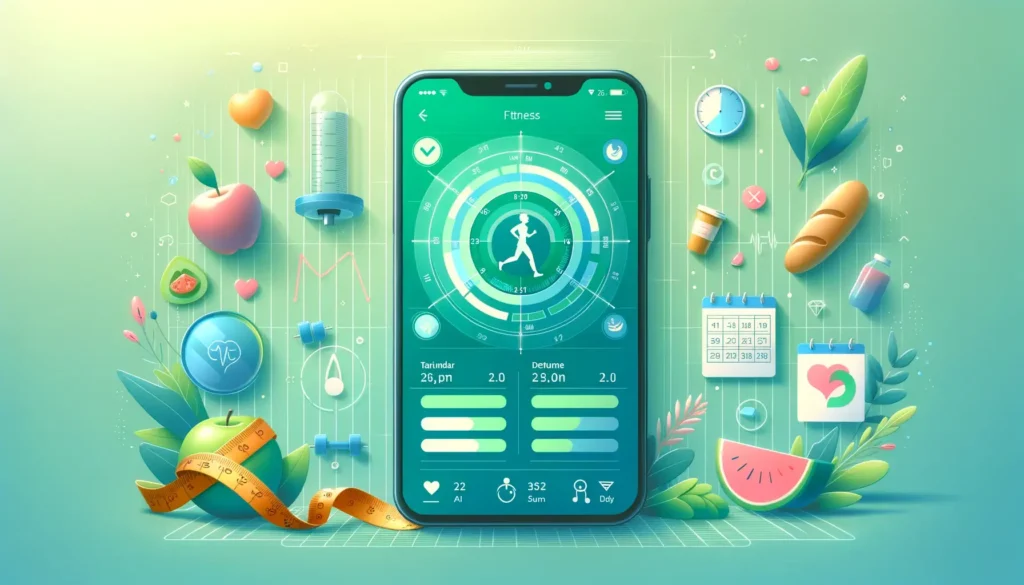
Two examples:
A fitness app which uses Generative AI to create completely personalized training plans and diets, based not only on your physical measurements, but also on your lifestyle and food preferences. An e-learning system which uses Generative AI to adapt the curriculum in real time, based on the student's performance and learning preferences. If a student struggles with math but excels in history, the system could integrate historical elements into math problems to make learning more engaging.
More ethics and safety
As AI becomes increasingly integrated into our daily lives, ethical and security issues will become increasingly pressing. For example, how do you ensure that an AI algorithm used in a legal context is free of bias? Or how to protect privacy when a generative model can create hyper-realistic images of people from little data?
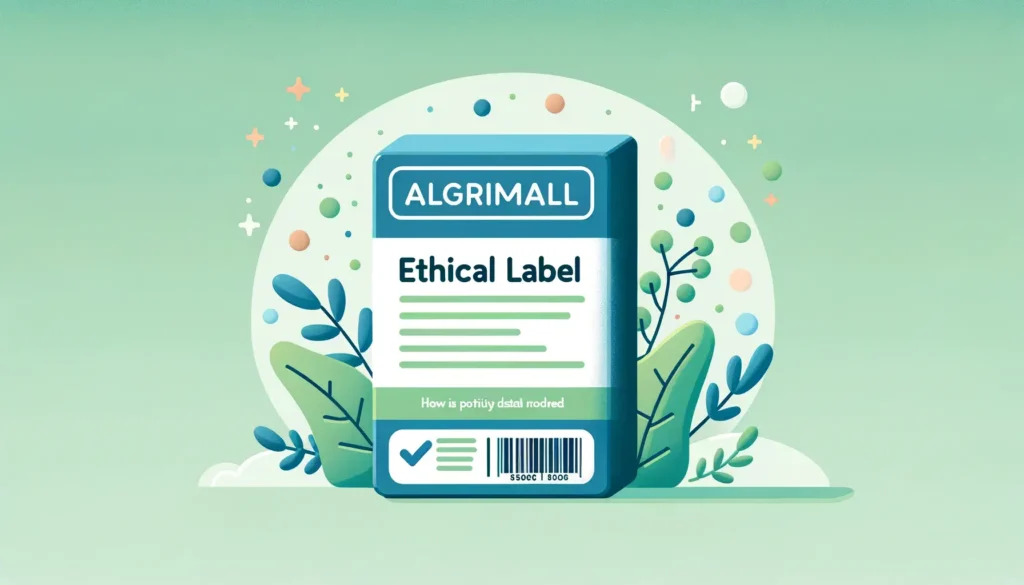
Two examples:
The introduction of “ethics labels” for algorithms, similar to nutrition labels on food products, that inform users how a particular model was trained and what data was used. The implementation of “AI guardians” in social media, algorithms designed to monitor and flag AI-generated content that may be deceptive or harmful, such as deepfakes or fake news.
Human-Machine Collaboration
Generative AI in 2024 does not aim to replace humans, but to enhance them. Imagine a surgeon using a generative model to simulate a complex surgery before performing it, or an architect working with an algorithm to design more sustainable buildings.
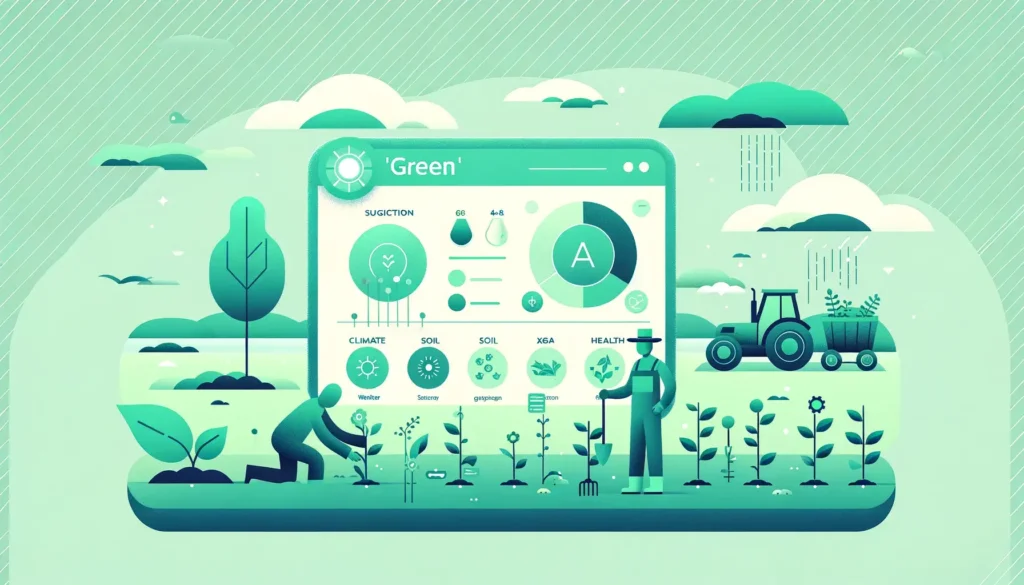
Two examples:
An AI diagnostic system which assists doctors in the early diagnosis of rare diseases by analyzing a wide range of symptoms and medical data to suggest possible diagnoses that may not be immediately obvious. A “green” generative AI which assists farmers in crop management. Based on data such as climate, soil type and plant health, the algorithm could suggest the optimal time for planting or harvesting, and even predict the onset of plant diseases.
In short (Italian only)
Generative AI will be the fastest evolving field in human history, maintaining a dynamic balance between exploration and integration. This balance, mind you, is precious. It's all we have to really avoid drifts, and it depends almost totally on us, and on whoever has to regulate this technology.
Generative AI is here to stay and will continue to shape our world in ways we can only imagine today, but we must ensure that they are all beneficial to our species.
